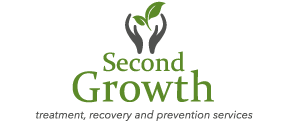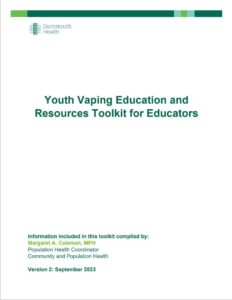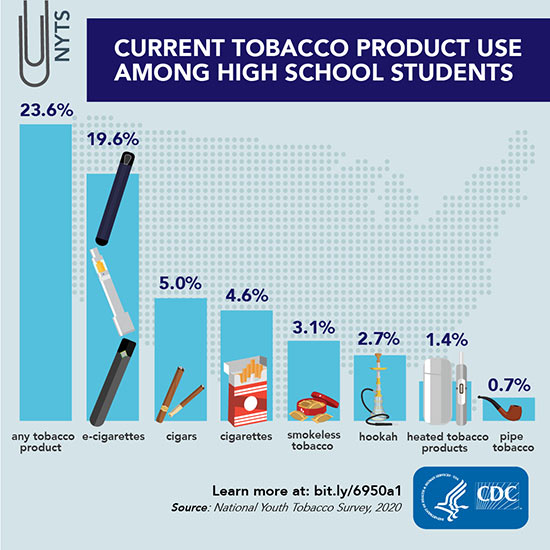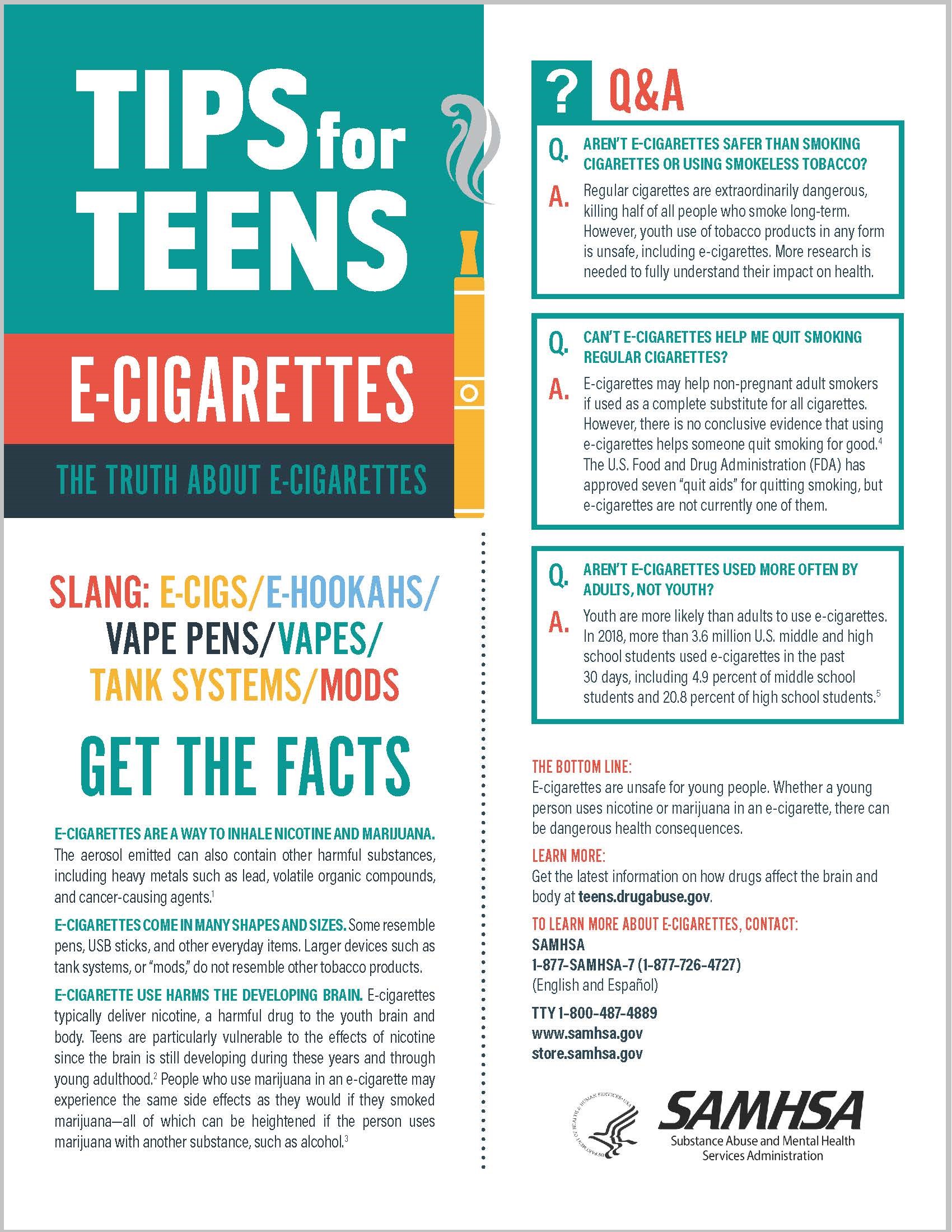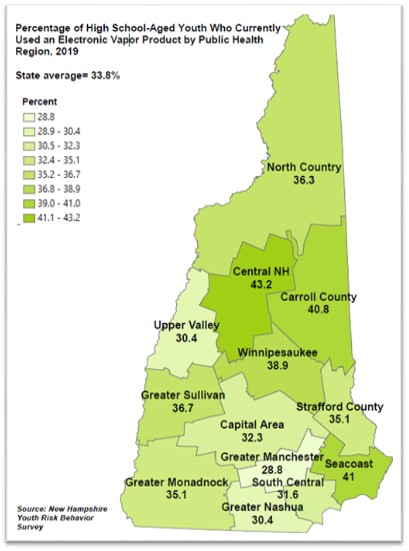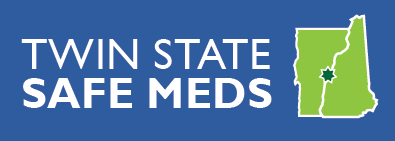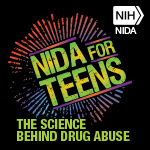Prevention & Intervention
Talking Matters: Navigating the hard stuff with youth
The Hartford Community Coalition and the ALL Together coalition have collaborated over the past year to produce a series of short videos for parents and guardians about youth substance use. The series covers perspectives from a parent, clinicians, youth, and more. Substance use is a difficult topic to discuss, so we hope these “Talking Matters” videos will provide tools and information to help you or a loved one feel more prepared to navigate this part of your teen’s life.
Check out the Drug Enforcement Agency’s searchable database of all drug types HERE
- Cannabis use can interfere with attention, motivation, memory, learning, judgement and decision making. Learn more.
- According to research there is a link between cannabis use and psychiatric disorders. Heavy cannabis users are more likely to report thoughts of suicide than are nonusers and regular cannabis use is likely to increase the risk for developing social anxiety disorder. Learn more.
- People who begin using cannabis before the age of 18 are four to seven times more likely to develop a cannabis use disorder than adults. Learn more.
Protect your community with safe use, safe storage, and safe disposal of medications. Explore complete resources from Twin State Safe Meds:
| 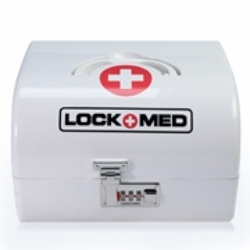 Safe storage Safe storage | 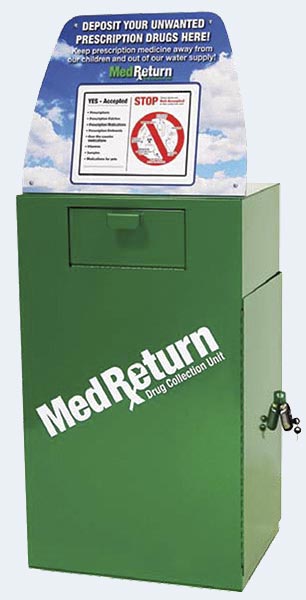 Safe Disposal |
National Institute on Drug Abuse (NIDA) for Teens: https://nida.nih.gov/research-topics/prescription-medicine
Youth Vaping Education and Resources Toolkit: view or download our new vaping toolkit here!
Misleading: Although tobacco has never been illegal, nicotine, the active ingredient in tobacco, is more addictive than any other drug. The use of nicotine increases dopamine levels and eventually makes your body reliant on nicotine in order to feel happy and, eventually, normal. Click here to learn more about tobacco, nicotine and vaping products as well as their current usage.
Misunderstood: Youth use of any tobacco product is unsafe.
More to be done: Youth e-cigarette use increased across the Upper Valley by 11% in 2019 according to the Youth Risk Behavior Survey (2019).
New Hampshire also offers My Life, My Quit, a tobacco cessation service for teens who want to quit using any tobacco product. My Life, My Quit, provides free and confidential services to answer any questions and to help teens quit. Participants can enroll online here or by calling or texting “Start My Quit” to 1-855-891-9989.
NH Quit Line: https://quitnownh.org/
Resources for Quitting
Early Intervention
Early intervention for mild substance use disorder can help prevent more severe problems later in life. There are many evidence-based strategies for early intervention. The resources below can help you take the first step towards early intervention for yourself or your loved ones.
Student Assistance Providers/Counselors
Many local schools have student assistance providers/counselors, including the Thetford, Hartford, Hanover, and Lebanon School Districts. These trained professionals focus on Substance Use and Suicide Prevention education and support groups in the schools. Learn more about this state-funded program in your area:
Screening, Brief Intervention, Referral to Treatment (SBIRT)
As written by SAMHSA (Substance Abuse and Mental Health Services Administration): Screening, Brief Intervention and Referral to Treatment is an evidence-based practice used in healthcare settings to routinely screen for problematic substance use among adolescents and intervene with resources and referral to treatment. Providers often use the CRAFFT tool to ask a series of questions about use and risk to determine severity of substance misuse.
Valley Court Diversion Programs
Valley Court Diversion Programs practices restorative justice in Windsor County, Vermont, and Sullivan and Lower Grafton Counties, New Hampshire. Restorative justice aims to repair the harm caused by unlawful actions and lower the likelihood of future offenses through education, provider referrals, and support. Our work is victim-centered and focuses on the physical, emotional, and social impacts of crime.
NH Early Identification Programs
The New Hampshire Center for Excellence has listed early identification programs and approaches that have proven effective. Their website includes a brief overview and links to each, such as:
- • SBIRT
- • Court Diversion
- • Project SUCCESS
- • Resident Education & Assistance Program
- • & Other Resources
Resources for Parents
For parents, it may be challenging to find the right words to help educate your children about drug use.
The tool kits and resources here are designed to help you begin the conversation or connect you with local organizations who can help.




Starting the Conversation with your Teen
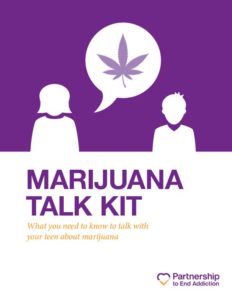
Marijuana Talk Kit
This downloadable and printable resource from the Partnership to End Addiction is a comprehensive guide for starting the conversation about marijuana with your teen. You’ll be prepared with the risks of marijuana use, signs to look out for, strategies and conversation starters, and much more.
SAMHSA: Talk. They Hear You.
SAMHSA’s substance use prevention campaign has resources and for parents and caregivers to start talking early and often with their kids about the dangers of alcohol and other drugs.
If you’ve ever wondered how to bring up the topic of alcohol and other drugs — and what questions to ask — SAMHSA’s tools are a perfect way for you to start the conversation and keep it flowing.
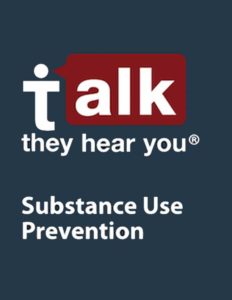
Resources for Teens
We understand it can be difficult to speak with your parents about questions or concerns related to drug use.
The tool kits and resources here are designed to help you learn more about staying safe or to connect you with local organizations who can help.
